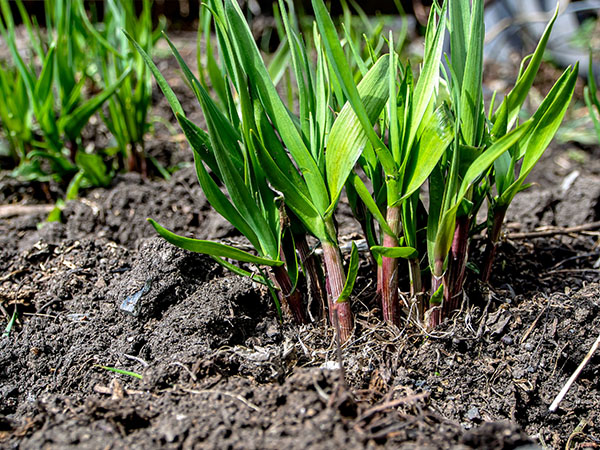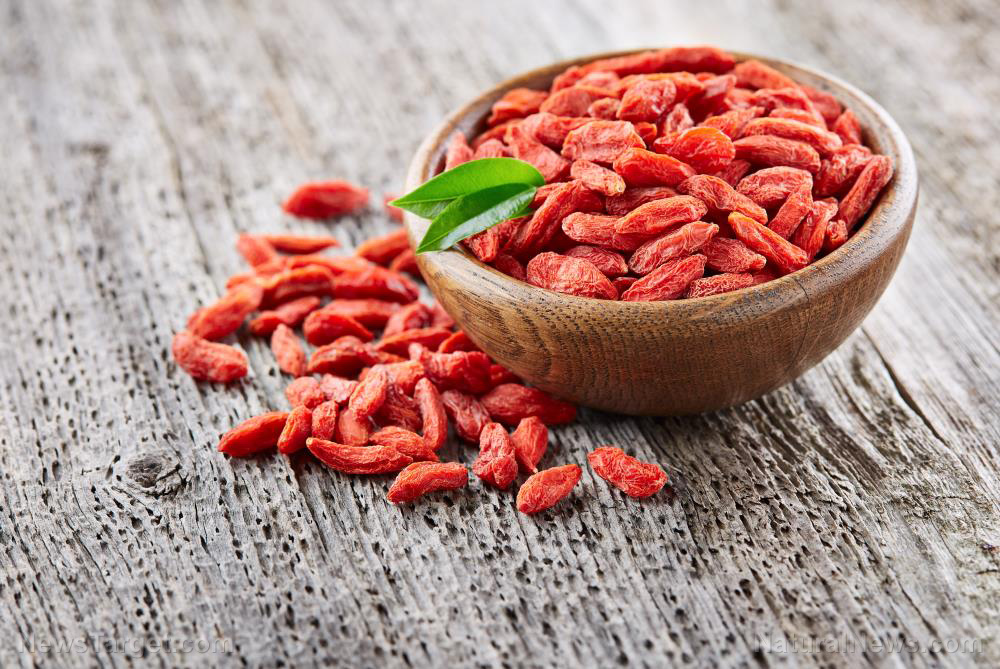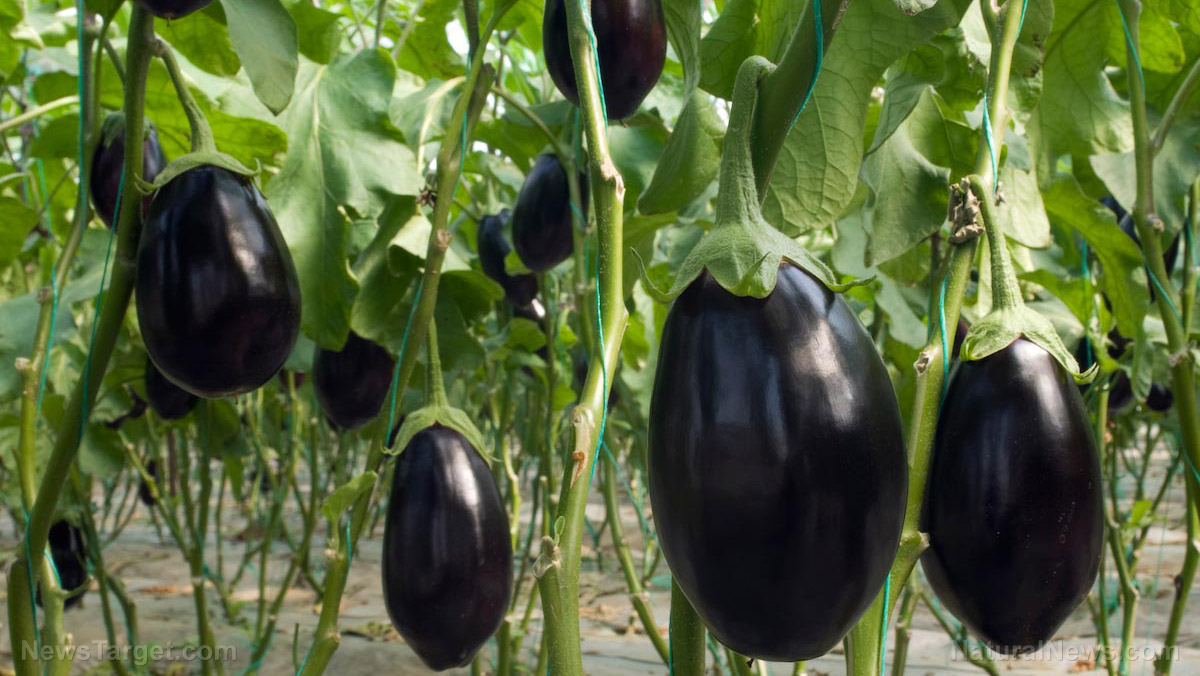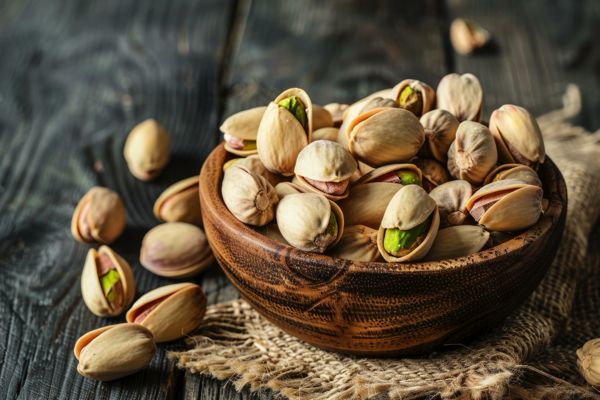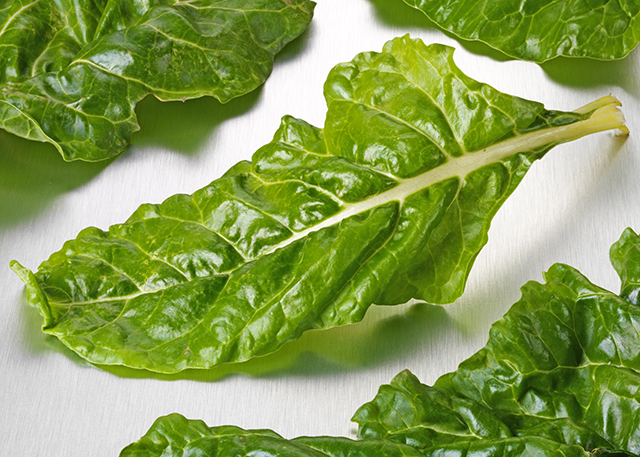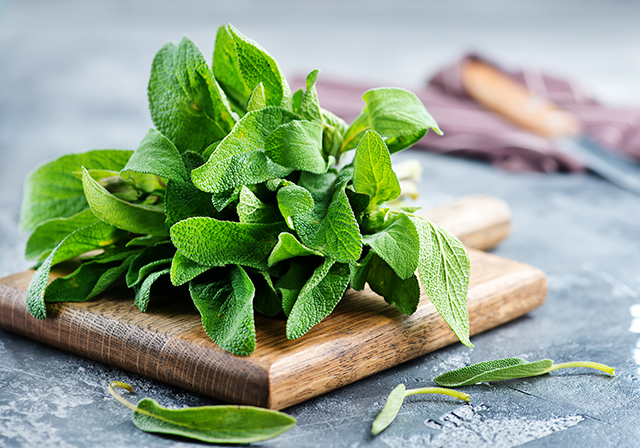Green beans: A nutritious legume loaded with health benefits
08/12/2025 / By Laura Harris
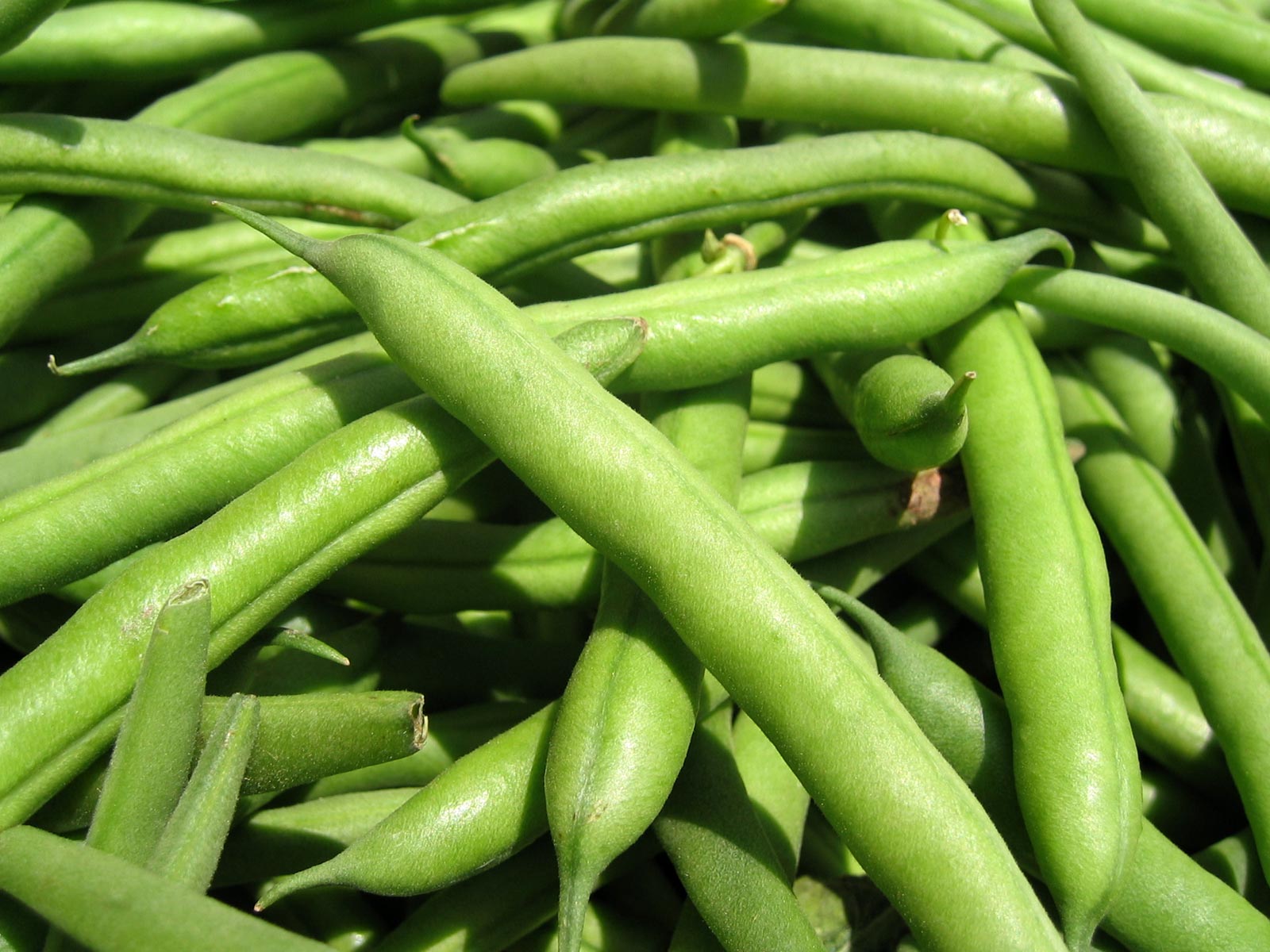
- Green beans are low in calories but rich in fiber, vitamins (C, K, B9), minerals (iron, potassium, manganese) and antioxidants, supporting overall health.
- Green beans can support heart health, blood sugar control, digestion, bone strength, immunity and energy production while also preventing anemia and supporting pregnancy.
- Originating in Central and South America over 7,000 years ago, green beans are now grown worldwide and feature in many global cuisines.
- Conventionally grown green beans may contain pesticide residues and heavy metals; organic options and proper washing may help reduce these risks.
- Green beans can be enjoyed raw or cooked in dishes like casseroles, stir-fries, stews and salads, making them easy to incorporate into any diet.
In the world of nutrition, few foods are as versatile and nutrient-dense as green beans. Often mistaken for a vegetable, green beans (Phaseolus vulgaris) are actually legumes – a category that includes beans, lentils and peas. Packed with essential vitamins, minerals and fiber, green beans offer numerous health benefits, from stabilizing blood sugar to supporting heart health.
Green beans, also known as string beans or snap beans, originated in Central and South America over 7,000 years ago. Indigenous peoples cultivated them alongside corn and squash, forming the “Three Sisters” agricultural system. Spanish and Portuguese explorers later introduced green beans to Europe in the 16th century, where they became a staple in Mediterranean cuisine.
Unlike their dried bean counterparts (such as kidney or black beans), green beans are harvested while still immature, giving them their tender, edible pods. Today, green beans are grown worldwide, with China, Indonesia and India being among the top producers.
Nutritional profile and health benefits
Green beans are low in calories but rich in essential nutrients, making them an excellent addition to any diet. A single serving (about one cup of cooked green beans) provides:
- Fiber (4 grams, g)
- Vitamin C
- Vitamin K
- Folate (Vitamin B9)
- Manganese
- Iron
- Potassium
- Antioxidants like flavonoids and carotenoids
Many associate iron-rich foods with red meat or leafy greens, but green beans are an excellent plant-based source of this essential mineral, helping combat fatigue and anemia. (Related: Daily cup of beans slashes cholesterol and inflammation in just 12 weeks, study finds.)
Beyond their iron content, green beans also offer a wealth of health benefits, such as:
Support heart health
- The fiber in green beans helps reduce LDL (“bad”) cholesterol, while potassium regulates blood pressure, lowering the risk of cardiovascular disease.
- Antioxidants like flavonoids and carotenoids combat oxidative stress, reducing inflammation in blood vessels and improving overall circulation.
Support blood sugar control
- Green beans have a low glycemic index, meaning they release sugar slowly into the bloodstream, preventing sudden spikes in glucose levels.
- Their fiber content also improves insulin sensitivity, making them beneficial for managing and preventing Type 2 diabetes.
Promote digestive health
- The insoluble fiber in green beans adds bulk to stool, preventing constipation and promoting regular bowel movements.
- Soluble fiber acts as a prebiotic, feeding beneficial gut bacteria and supporting a balanced gut microbiome which enhances nutrient absorption and immune function.
Strengthen bones
- Vitamin K in green beans plays a crucial role in bone mineralization and helps prevent osteoporosis by improving calcium absorption.
- Calcium and magnesium further contribute to bone density and strength, reducing the risk of fractures and age-related bone loss.
Boosts immunity and collagen production
- Vitamin C in green beans enhances immune function by stimulating white blood cell production and acting as an antioxidant.
- Vitamin C also supports collagen synthesis, which is essential for skin elasticity, wound healing and joint health.
Support cell division and healthy pregnancy
- Folate in green beans is a crucial nutrient for DNA synthesis, cell division and fetal development during pregnancy.
- Adequate folate intake reduces the risk of neural tube defects in newborns and supports healthy red blood cell formation.
Prevent anemia and fatigue
- Iron in green beans helps produce hemoglobin, preventing iron-deficiency anemia that can cause fatigue and weakness.
- Vitamin C enhances iron absorption, ensuring better oxygen transport throughout the body and improving energy levels.
Support healthy metabolism and antioxidant function
- Green beans contain B vitamins (like B1, B2, and B6) that aid in converting food into energy, supporting metabolic efficiency.
- Meanwhile, antioxidants such as beta-carotene and lutein neutralize free radicals, protecting cells from damage and reducing the risk of chronic diseases.
Green beans are generally considered safe to eat and highly nutritious, but like many conventionally grown crops, they may be exposed to pesticides and contaminants that raise health concerns.
Green beans occasionally appear on the Environmental Working Group’s (EWG) “Dirty Dozen” list due to detectable pesticide residues. Some of these chemicals, such as acephate and methamidophos, are neurotoxic insecticides banned by the European Union but still permitted in the United States. Independent research and global health agencies warn that such pesticides can harm humans by increasing their risks of cancer, hormone disruption and nervous system toxicity.
While not a primary concern, green beans can absorb trace amounts of heavy metals (e.g., cadmium, lead) from soil. Fortunately, typical exposure levels are low and unlikely to pose significant risks unless consumed in extremely large quantities over time.
Opting for organic green beans minimizes pesticide exposure. Thoroughly washing or soaking green beans in baking soda water can also help reduce residue levels.
Culinary uses of green beans
Green beans are incredibly versatile and can be enjoyed raw, steamed, sautéed or roasted. Their mild flavor pairs well with garlic, almonds, lemon, and herbs like thyme and rosemary.
Popular green bean dishes
- Green bean almondine – A French-inspired dish with toasted almonds and butter.
- Three-bean salad – Combines green beans, kidney beans and chickpeas in a tangy vinaigrette.
- Stir-fried green beans – A staple in Asian cuisine, often cooked with garlic, soy sauce and sesame oil.
- Green bean casserole – A classic American dish with cream of mushroom soup and crispy onions.
- Mediterranean green bean stew (Fasolakia) – Greek-style braised green beans with tomatoes and olive oil.
Green beans are a nutrient-dense, low-calorie legume that supports overall health. Whether eaten raw, steamed or incorporated into gourmet dishes, they provide essential vitamins, minerals and antioxidants with minimal risks.
For optimal benefits, choose organic when possible and experiment with different cooking methods to enjoy their full potential. By incorporating green beans into your meals, you take a simple yet powerful step toward better health – naturally.
This story is not medical advice and is not intended to treat or cure any disease. Always consult with a qualified naturopathic physician for personalized advice about your specific health situation or concern.
Explore more health benefits of superfoods and other natural ingredients at NaturalNews.com, your trusted source for wellness insights and nutritional knowledge.
For cutting-edge tools to expand your understanding of natural health, try Brighteon.ai, an innovative AI model created by Mike Adams, the Health Ranger. This free, downloadable tool is designed to decentralize knowledge, bypass censorship, and empower individuals with actionable information.
If you’re passionate about nutrition, natural medicine, and uncensored discussions, visit Brighteon.com, a free speech video platform, and join our vibrant communities on Brighteon.IO and Brighteon.social. Dive into open conversations about food, ingredients and holistic health today!
Watch this video to learn how beans naturally help lower and control blood sugar levels.
This video is from the Natural News channel on Brighteon.com.
More related stories:
An inexpensive and forgotten superfood: BEANS are key to reversing chronic disease.
Pinto beans 101: A guide to soaking, seasoning and serving for maximum flavor.
Understanding the many biological activities of mung beans.
Zero-waste bean cooking: Repurposing pinto bean broth in soups or bread.
Sources include:
Submit a correction >>
Tagged Under:
#nutrition, food cures, food is medicine, food science, functional food, green beans, grocery cures, health science, ingredients, natural health, nutrients, organics, veggie
This article may contain statements that reflect the opinion of the author
RECENT NEWS & ARTICLES
COPYRIGHT © 2017 NUTRIENTS NEWS


